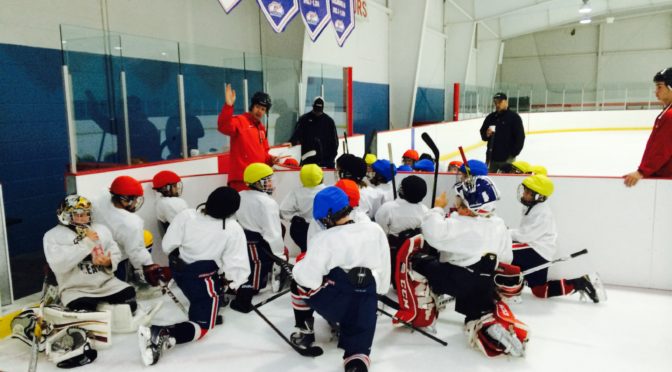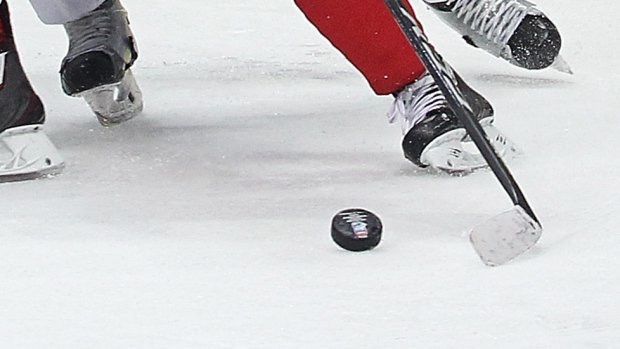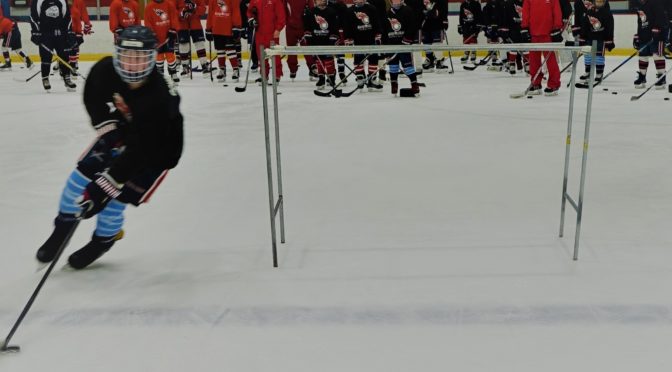22
January
4 Keys To Earning More Playing Time
Posted by Greg Carter

Sure, every player wants more playing time! However, wanting isn’t good enough, you need to earn playing time and here are four tips to work your way into more playing time.
1. The first priority for coaches is how you can contribute on the ice, and for the top players that determination is fairly easy. However, when it comes down to deciding line combinations and playing time amongst players of similar skills, coaches might rely on the player who shows up and does all of the extras. Things like off-ice training sessions, team activities and other team building events. The lesson here is go the extra mile both on and off of the ice
2. When you aren’t getting the ice time you want or thin you deserve, there are two directions you can go, and the best players know that attitude determines altitude. Coaches like players that are plugged in, listen and are coachable. Great coaches pride themselves on developing hockey players as much as they do in winning championships. If you are a coachable hockey player you stand a great chance of improving and earning that playing time!
3. There is no substitution for hard work. We have discussed this in recent articles and the bottom line is to earn more playing time you need to put in the effort. Most often the best players that you see in the games are also the best players in practice and the first ones onto the ice and the last ones to leave. As they say, the only time that success comes before work is in the dictionary!
4. Character counts. That’s right, as you progress through your youth hockey career and players start to separate themselves, character is something that is discusses among coaches. Players who are great teammates and have great character are always going to find a way to be successful. What you do on the ice can get you noticed, but how you carry yourself off of the ice can get you forgotten.
Thanks for reading and good luck as you head towards the final stretch of the season and into the playoffs! Please considering joining us this summer at one of our summer hockey schools located in ten states! For a complete listing and registration information click here.





 Subscribe
Subscribe Subscribe
Subscribe




